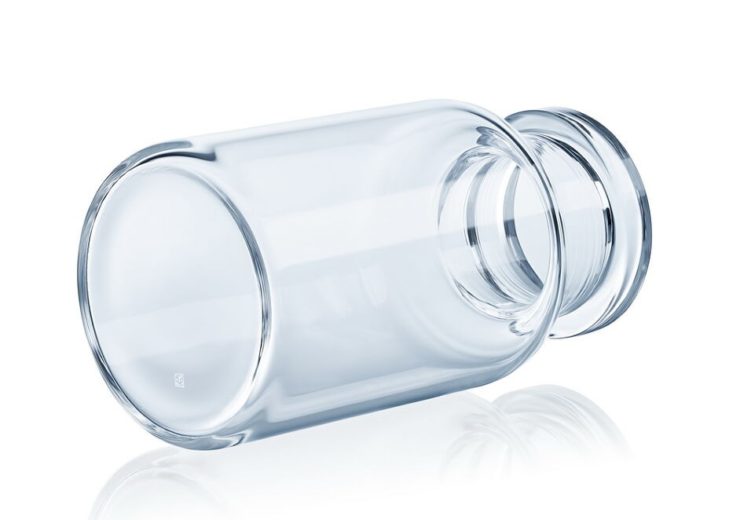Every Smart Container has a laser-mark along with a unique identifier which creates unprecedented traceability throughout the manufacturing process

The data matrix code on each Smart Container can be as small as 1 x 1 mm, which equals 14 x 14 dots. (Credit: SCHOTT.)
Schott, a German pharmaceutical glass manufacturer, has entered into digitised pharma manufacturing with the introduction of Smart Containers.
Every Smart Container has a laser-mark along with a unique identifier which creates unprecedented traceability throughout the manufacturing process.
The new concept allows the pharma manufacturers to unlock the power of machine vision and big data analytics on pharmaceutical filling lines.
The German company said that the new technology can be used to improve reject management and line clearance.
It also reduces the risk of a mix-up, optimises lyophilisation processes, and supports container-based targeted recalls.
SCHOTT Global Product Manager Vials Diana Löber said: “SCHOTT Smart Containers enable control over pharmaceutical packaging at the most granular level available – the individual unit.
“We’re unlocking a new era in digitised pharmaceutical manufacturing toward real-time release and taking advantage of the latest developments in machine vision and data science.”
The code is printed on the bottom of the container
The firm said that each container is marked with a data matrix code and is developed as per ISO/IEC 16022 which is a numeric or alphanumeric machine-readable code.
The code is made of the existing glass material without using additional materials that eliminate the risk of abrasion of foreign material.
Furthermore, the code is printed on the bottom of the container that avoids turning or installation of multiple cameras.
The concept has container-based track and trace options that evaluates and optimises common practices and develop levels of automation.
In December last year, Schott has opened a new glass tank facility at its Jambusar location in the Indian state of Gujarat.
The German pharmaceutical glass manufacturer has invested €21m for the construction of the new glass tank facility and is also planning to invest an additional €26m to build another tank facility in 2020.
